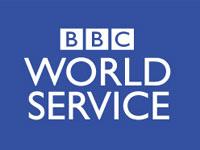 This week, the BBC World Service celebrated 90 years. Enjoy these two programs from the BBC World Service chock-full of history and nostalgia:
This week, the BBC World Service celebrated 90 years. Enjoy these two programs from the BBC World Service chock-full of history and nostalgia:
The World Service is 90: The Documentary Podcast
For 90 years the BBC World Service has been broadcasting in dozens of languages to audiences so huge they are counted in the tens of millions all over the globe. World Service began transmitting on 19 December 1932. It was called the BBC Empire Service, speaking in slow English via crackly short-wave radio to a now-vanished Empire which then ruled a fifth of the globe.
The Second World War saw radio services expand massively, broadcasting in more than 40 languages to listeners hungry for truth and facts they could trust. In every crisis and conflict since, individual voices out of the air have offered news, but also drama, music, education and sometimes hope to their audiences.
In a special 90th anniversary programme, the broadcaster Nick Rankin, who worked for more than 20 years at the BBC, digs into a treasure trove of sound archive and talks to journalists who made and still make the BBC World Service such a remarkable network.
Over to You: Celebrating 90 years of broadcasting to the world
This weekend sees the WS celebrates a significant birthday – it’s become a nonagenarian! For 90 years it has been broadcasting in dozens of languages to audiences counted in the tens of millions all over the globe. We hear your memories of your listening experience and what the service means to you.
Presenter: Rajan Datar
Producer: Howard Shannon
A Whistledown production for the BBC World Service


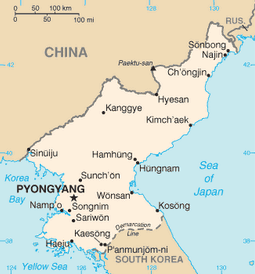
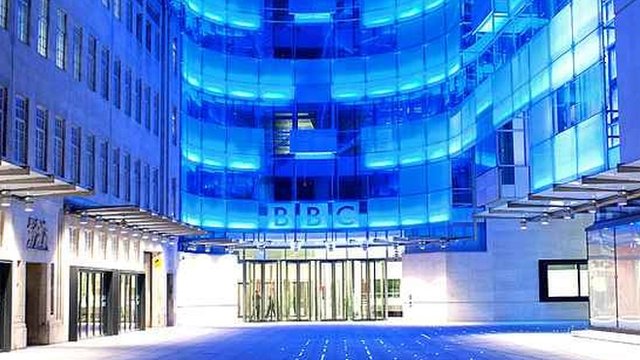
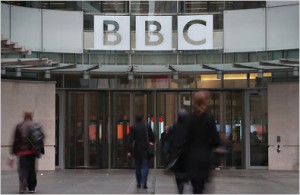
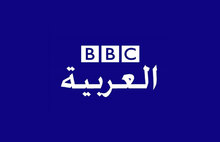 As we mentioned last week
As we mentioned last week